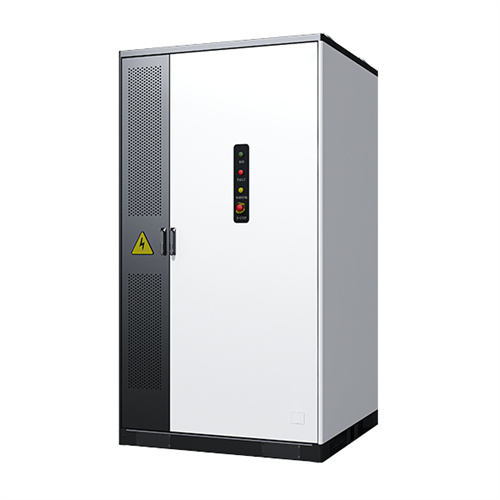About What is solar energy easy definition
Solar energy is andfrom thethat is harnessed using a range of technologies such asto generate ,(including ), and .It is an essential source of , and its technologies are broadly characterized as eitheror active solar depending on how they capture and distribute sol.
As the photovoltaic (PV) industry continues to evolve, advancements in solar energy easy definition have become critical to optimizing the utilization of renewable energy sources. From innovative battery technologies to intelligent energy management systems, these solutions are transforming the way we store and distribute solar-generated electricity.
When you're looking for the latest and most efficient solar energy easy definition for your PV project, our website offers a comprehensive selection of cutting-edge products designed to meet your specific requirements. Whether you're a renewable energy developer, utility company, or commercial enterprise looking to reduce your carbon footprint, we have the solutions to help you harness the full potential of solar energy.
By interacting with our online customer service, you'll gain a deep understanding of the various solar energy easy definition featured in our extensive catalog, such as high-efficiency storage batteries and intelligent energy management systems, and how they work together to provide a stable and reliable power supply for your PV projects.
Related Contents
- What is the definition of solar energy in science
- Solar energy easy definition
- Easy definition of solar energy
- What is solar energy meaning
- What states are best for solar energy
- What can solar energy do
- What is the most obvious transformation generated by solar energy
- What happens to solar energy after photosynthesis
- What are the advantages and disadvantages of using solar energy
- What is solar energy and wind energy
- Solar energy is measured in what units
- What percentage of solar energy reaches the earth s surface


